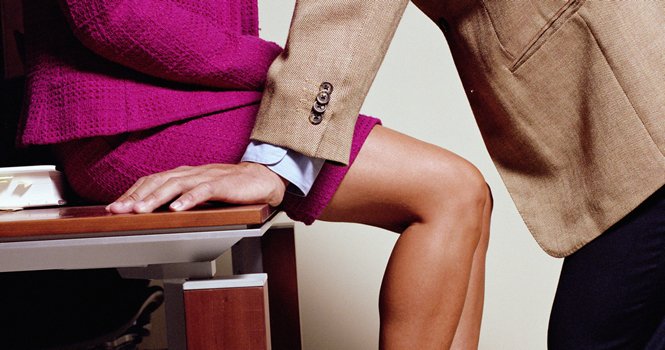Women in media, at a forum held recently in Accra, called on media owners and management to take interest in issues of sexual harassments in the newsroom to encourage others to report perpetrators.
The forum, dubbed “Balance in newsrooms: balance in news coverage; the role of media organisations in addressing gender disparities”, was organised by Alliance for Women in Media Africa (AWMA), a non-governmental organisation that projects women in media.
According to the women, it was becoming difficult to report issues of sexual harassment as it was described as the “newsroom culture” and the victim had no one to report to.
ALSO: Video: Patapaa saves ‘Ghana Meets Naija’ again
Policies to work and raise family
The speakers, who were news anchors, presenters, journalists and editors, also called on media managers to create policies that would allow women balance their job while raising families.
According to the women, there were no “support systems” in the newsroom to allow women take on challenging roles, meet deadlines and also raise families. As such those who were unable to do all these ended up leaving the job to concentrate on raising families.
Report sexual harassment
A broadcast journalist at Citi FM, Nana Ama Agyeman Asante, encouraged women to report acts of sexual harassment in the newsroom no matter the challenges.
ALSO: Terrorist attack likely in Ghana – UK gov’t advises citizens in security alert
She also urged managers to see sexual harassment as a serious offence and as such, implement the needed punishment.
To achieve balance in the newsroom, she explained that there was the need to treat both sexes equally and encourage mentorship, especially for the young ones.
Don’t wait for HR policies on sexual harassment
An international journalist and trainer in the United States of America, Ms Sarah Wachter, urged women not to wait for human resource policies before voicing issues on harassment as they could write about it.
Using the popular social media hashtag “me too” movement as an example, she said a lot of women in the US were able to bring perpetrators to book simply by using the hashtag on the Internet.
She said “sexual harassment is on check in the US newsrooms. High-profile men in the newsroom have lost their jobs through the movement. The movement took place because women are not heard by police, judges and others”.
The “me too” movement, which went viral in October 2017, is a campaign against sexual harassment and sexual assault, especially at the workplace.
Support systems
An editor at Multimedia, Ms Gladys Afia Pokua Arthur, urged media managers to support women on the job to enable them to take up challenging roles.
“Women balance family with newsroom deadlines. There is no support system so some end up leaving the job. How are we also making it possible for women with disability to be included in the media? The support system is not there,” she added.
Change situations in the newsroom
Addressing the forum, the Chief Executive Officer of Inspire Africa Consult, Mrs Mawuena Trebarh, urged media managers to include persons with disability in their staff as some of them had proven to join the media but the system was unfavourable to them.
“We need to create space for the disabled, we need to change situations in the newsroom, we need to fill positions with men with progressive and diverse views, as well as with women who merit to hold the door open for other women,” she said.
Source: Graphic.com.gh

